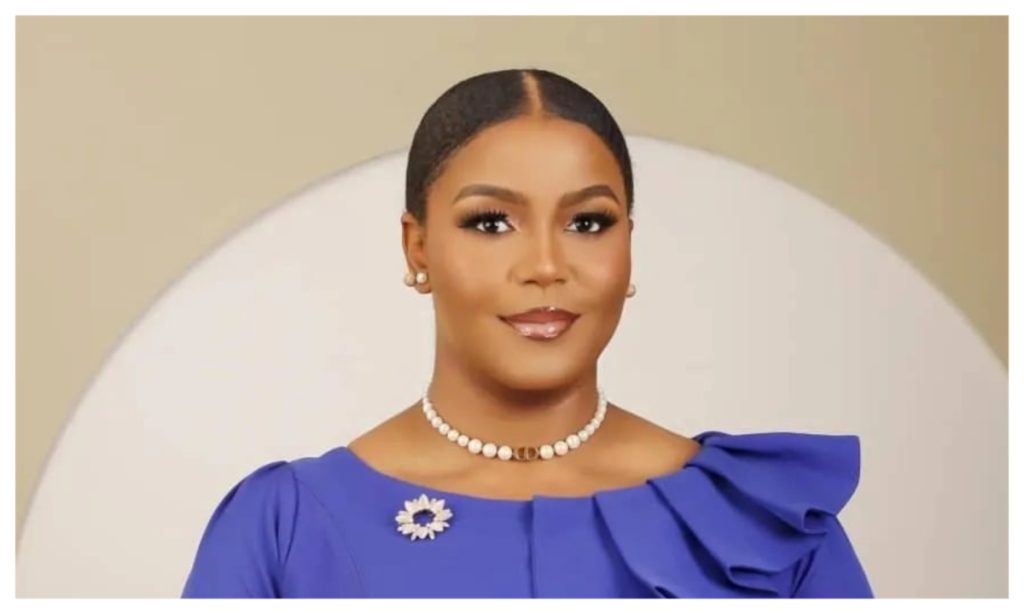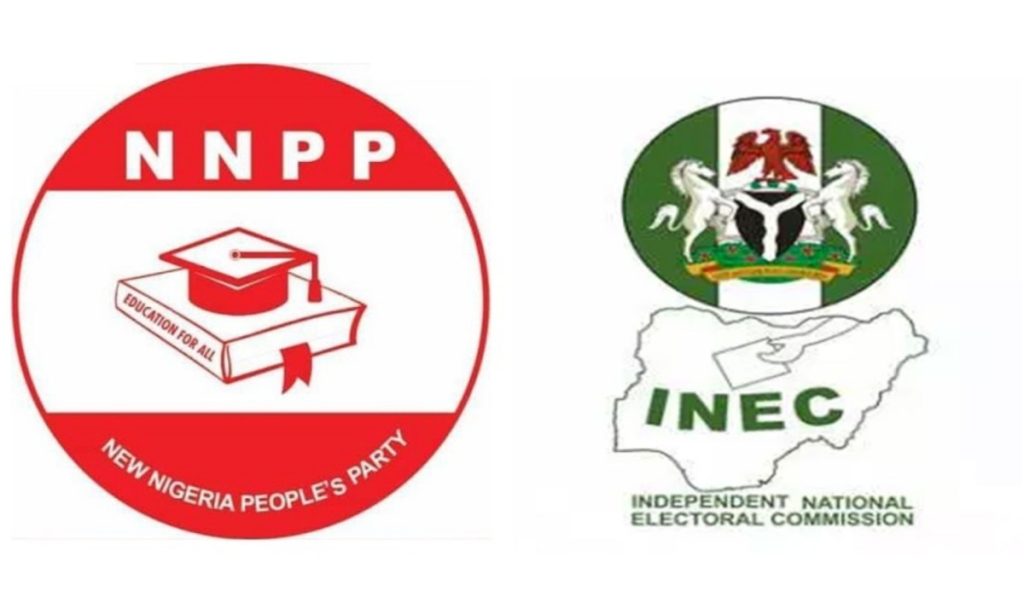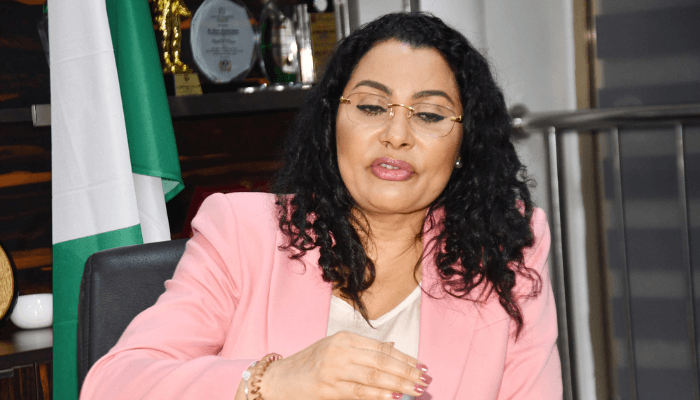Nigerian President Bola Tinubu has announced the renaming of the University of Maiduguri to Muhammadu Buhari University, honoring the late former leader who passed away on July 13 and was buried two days later in his hometown of Daura, Katsina State. The decision, unveiled during a Federal Executive Council session in Abuja, underscores Buhari’s legacy as a figure of “integrity, simplicity, and selfless leadership,” according to Tinubu.
Speaking at the memorial event, Tinubu highlighted Buhari’s decades of public service, spanning military leadership, governance, and democratic transitions. “His record will be debated, as all legacies are, but the character he brought to public life… will not be forgotten,” Tinubu stated, praising Buhari’s “quiet courage” and “righteousness that never announced itself.” The renaming of the northeastern institution—a hub of education in a region historically impacted by insurgency—was framed as a “historic and symbolic gesture” by Kwara State Governor Abdulrahman Abdulrazaq.
The tributes extended beyond symbolic acts. Vice President Kashim Shettima revealed that 25 federal ministers attended Buhari’s burial, reflecting the national significance of his passing. Shettima also detailed unprecedented diplomatic efforts to repatriate Buhari’s remains from the UK within 24 hours, bypassing the standard five-day protocol—a move attributed to the late leader’s international stature.
Political figures across Nigeria’s leadership spectrum echoed themes of Buhari’s incorruptibility and humility. Senate President Godswill Akpabio acknowledged Buhari’s “toughness borne of patriotism,” while House Speaker Abbas Tajudeen recalled his mentorship and moral clarity. Minister of Women Affairs Imaan Sulaiman-Ibrahim emphasized Buhari’s focus on marginalized communities, citing his last-minute commissioning of resettlement cities for displaced persons.
Critics and admirers alike recognized Buhari’s complex legacy. While some questioned his policies, even opponents conceded his financial probity, as Aviation Minister Festus Keyamo noted: “Whether as military head of state or civilian president, Buhari was never found wanting.” Health Minister Muhammad Ali Pate urged Nigerians to emulate Buhari’s discipline, calling him “unpretentious [and] consistently loyal.”
The three-day funeral rites drew regional dignitaries, including Niger Republic’s Sultan of Maradi and former Nigerian leaders, while Islamic scholars led prayers for the late president, widely known by his Hausa honorific Mai Gaskiya (the honest one). Tinubu closed the memorial by reaffirming Buhari’s ethos: “He served, and he stepped aside when his time was up.” As Nigeria navigates evolving challenges, the tributes signal an effort to cement Buhari’s legacy as a benchmark for public service.



